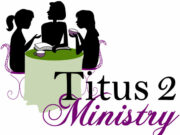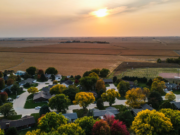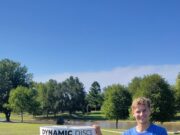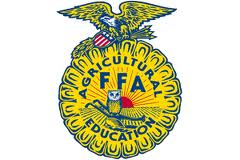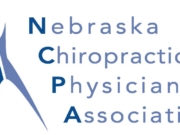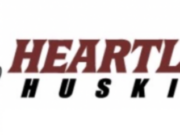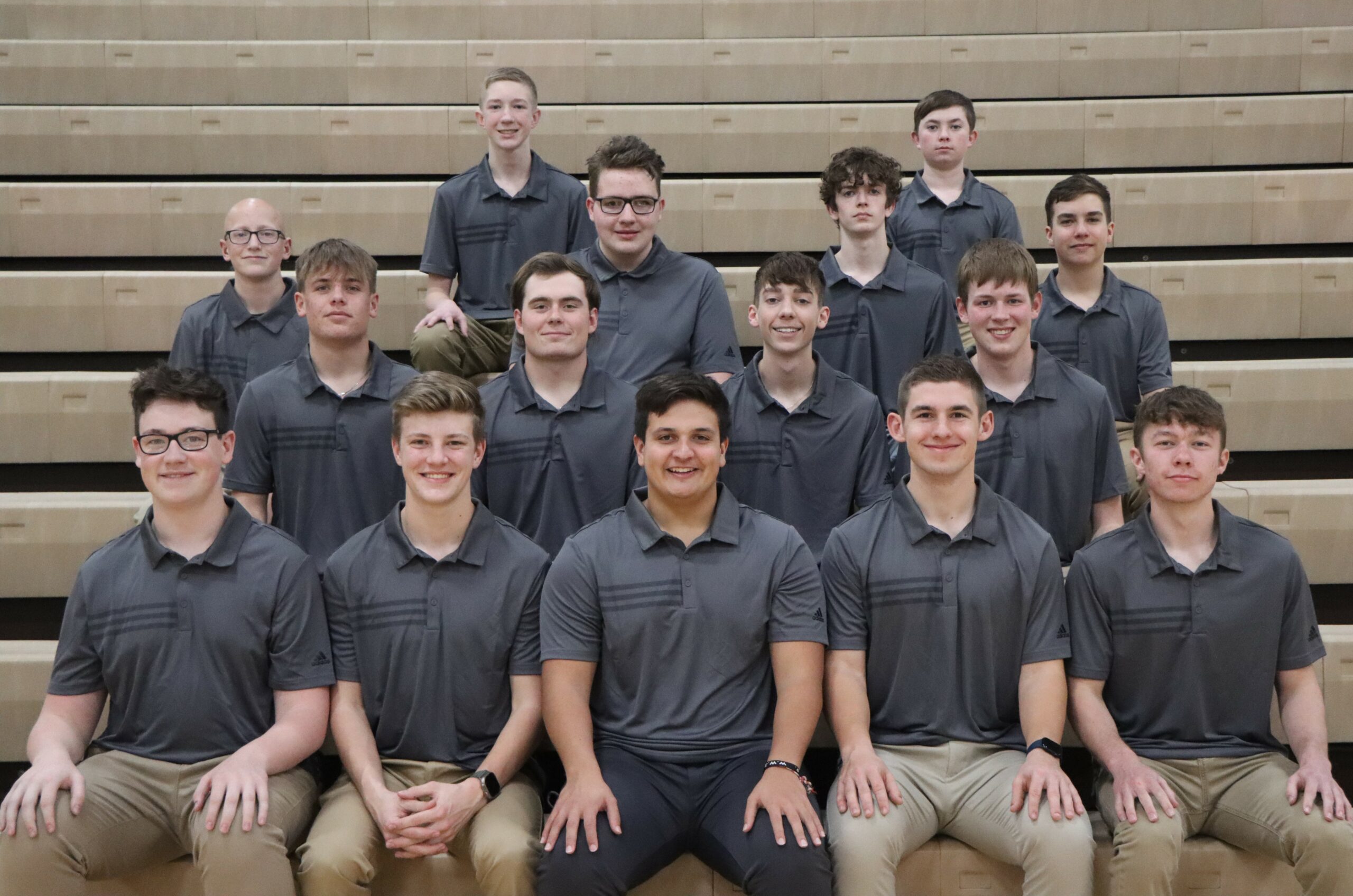Jenny’s REESources – November 27, 2016
UPCOMING EVENTS: Â
Nov. 28:Â Market Journal Road Show, 1-4 p.m., Holiday Inn 110 Second Avenue Kearney,http://marketjournal.unl.edu/roadshow
Nov. 29: Solar Energy in Ag Workshop, 7-9 p.m., West Central Research and Extension Center, North Platte. Preregister at 308-532-2683.
Dec. 1: Â Solar Energy in Ag Workshop, 1-3 p.m., 4-H Building, York, RSVP to 402-362-5508 orjrees2@unl.edu
Dec. 1:Â Market Journal Road Show, 1-4 p.m., Lifelong Learning Center 701 E. Benjamin Avenue Norfolk, http://marketjournal.unl.edu/roadshow
Dec. 1:Â York County Corn Grower Banquet, 6:30 p.m., Chances R Beer Garden, York
Dec. 2:Â Market Journal Road Show, 9 a.m.-Noon, Nebraska Innovation Campus Conference Center 2021 Transformation Drive Lincoln, http://marketjournal.unl.edu/roadshow
Dec. 5:Â Cover Crop and No-Till Conference featuring Gabe Brown, 9:30 a.m.-3:00 p.m., Trotter Event Center, Ord, RSVP 308-346-3393
Dec. 6:Â Field to Market Workshop, 4-H Building, York, 3-6 p.m. Please RSVP to 402-362-5508or jrees2@unl.edu
Dec. 6: Â Grain Marketing Workshop, 9:30 a.m.-3 p.m., Webster County Fairgrounds on the west side of Crescent Street between Helen and Mariel streets, RSVP http://go.unl.edu/marketingworkshops or 308-345-3390.
Dec. 8:Â Solar Energy in Ag Workshop, 1-3 p.m., Norfolk, NE at the Lifelong Learning Center Preregister at 402-370-4040.
Dec. 14:Â UBBNRD CropTip, 9:30 a.m.-2:30 p.m., Holthus Convention Center, York
Dec. 14: Â Farmers/Ranchers College:Â Dr. David Kohl, 1-4 p.m., Bruning Opera House, Bruning, RSVPÂ (402) 759-3712
Dec. 15:Â Nebraska Soybean Day and Machinery Expo, 8:30-2:15, Fairgrounds in Wahoo,http://ardc.unl.edu/2016SoyExpoFlyer-Final.pdf
Jan. 6:Â Crop Production Clinic, Holthus Convention Center in York, http://agronomy.unl.edu/cpc
Jan. 9:Â Estate Planning Workshop, York County Club, RSVP jrees2@unl.edu or 402-362-5508
Jan. 10-11:Â Precision Ag Data Management Workshop, Lincoln, http://agronomy.unl.edu/precisionag
Jan. 11:Â Crop Production Clinic, Adams County Fairgrounds in Hastings, http://agronomy.unl.edu/cpc
Jan. 11-12:Â York Ag Expo, Holthus Convention Center in York
Jan. 12-13:Â Precision Ag Data Management Workshop, 4-H Building York, http://agronomy.unl.edu/precisionag
Jan. 18:Â LBNRD Nitrogen Mgmt Training, 9 a.m., Hastings, 402-364-2145
Jan. 18:Â UBBNRD Nitrogen Mgmt Training, 1:30 p.m., Aurora Leadership Center, 402-362-6601
Jan. 19-20:Â NEW 2-day Crop Production Clinic, Younes Convention Center in Kearney,http://agronomy.unl.edu/cpc
Jan. 23:Â Pesticide Training, 9am, York Fairgrounds, jrees2@unl.edu or 402-362-5508
Jan. 23:Â Pesticide Training, 6:30pm, Harvest Hall at Seward Fairgrounds, jrees2@unl.edu
Jan. 24:Â Pesticide Training, 9am, American Legion in Sutton, jrees2@unl.edu or 402-762-3644
Jan. 24:Â Pesticide Training, 2pm, Davenport Community Center, jrees2@unl.edu
Jan. 25: Land Application Training, York Extension Office. RSVP to jrees2@unl.edu or 402-362-5508
Jan. 26:Â Nebraska Grain Sorghum Symposium, Grand Island
Jan. 31: Â Farmers/Ranchers Cow-Calf College, 10 a.m.-3:30 p.m., USMARC near Clay Center, RSVPÂ (402) 759-3712
Feb. 1-2:Â Nebraska Ag Technologies Association (NeATA), Nebraska Innovation Campus
Feb. 6:Â Pesticide Training, 9am, Hebron Activity Center (downtown), jrees2@unl.edu
Feb. 6:Â Pesticide Training, 2pm, Nelson, jrees2@unl.edu
Feb. 7:Â Pesticide Training, 9am, 4-H Building in York, jrees2@unl.edu 402-362-5508
Feb. 7:Â Pesticide Training, 2pm, 4-H Building in York, jrees2@unl.edu 402-362-5508
Feb. 8:Â LBNRD Nitrogen Training, 9am, Hebron Community Center, 402-364-2145
Feb. 8:Â UBBNRD Nitrogen Training, 1:30 p.m., Holthus Convention Center, 402-362-6601
Feb. 13:Â Pesticide Training, 9am, Nelson jrees2@unl.edu
Feb. 13:Â Pesticide Training, 6:30pm, Fairgrounds in Clay Center, jrees2@unl.edu 402-762-3644
Feb. 15:Â Pesticide Training, 9am, Harvest Hall Fairgrounds Seward, jrees2@unl.edu
Feb. 15:Â Pesticide Training, 2pm, Harvest Hall Fairgrounds Seward, jrees2@unl.edu
Feb. 16:Â LBNRD Nitrogen Training, 1:30 p.m., Fairgrounds in Clay Center 402-364-2145
Feb. 20:Â Nebraska On-Farm Research Update, ARDC near Mead, http://cropwatch.unl.edu/farmresearch
Feb. 22:Â Farmers/Ranchers College:Â Managing for Difficult Times, 9:30 a.m.-3:00 p.m., Fairgrounds in Geneva, RSVPÂ (402) 759-3712
Feb. 23-24:Â Women in Agriculture Conference, Holiday Inn Kearney, http://wia.unl.edu
Feb. 27:Â Nebraska On-Farm Research Update, Hall Co. Extension Office, Grand Island,http://cropwatch.unl.edu/farmresearch
Feb. 27:Â Farmers/Ranchers College:Â Tips and Tricks for Women in Ag, 6:00 p.m., Lazy Horse Winery in Ohiowa, RSVPÂ (402) 759-3712
Feb. 28:Â LBNRD Nitrogen Training, 9am, Shickley Community Center 402-364-2145
Mar. 6:Â Pesticide Training, 2pm, Harvest Hall Fairgrounds Seward, jrees2@unl.edu
Mar. 6:Â Pesticide Training, 6:30pm, 4-H Building Fairgrounds York, jrees2@unl.edu 402-362-5508
Master Gardener Training: Tuesday evenings 6-9 p.m. from February 7-March21 at York and Clay County Extension Offices. Please RSVP to jrees2@unl.edu or 402-362-5508 for attending in York or Deanna Peshek at 402-762-3644 to attend in Clay.
Farm Finance Clinic Sites and Dates To sign up for a clinic or to get more information, call Michelle at the Nebraska Farm Hotline at 1-800-464-0258.
York County Corn Grower Banquet: Reminder of the York County Corn Grower Banquet beginning at 6:30 p.m. at the Chances R Beer Garden in York on December 1. Tickets are available for $10 and can be obtained from any Corn Grower Director and at the Extension Office. Hope to see you there!
Ag Lease Information continued: Last week I shared some communication and cash rent information. Crop share is still perhaps the fairest lease arrangement and would recommend that where it works for both the landlord and tenant. Another option is a flexible lease which is more elastic than cash rent. These types of leases can be designed in a number of a ways and can be as simple or complex as desired.Â
There’s three primary ways flex leases are designed: 1) by unit changes that look at rent/bushel, rent/unit price, bushel bonus, and price bonus; 2) by net changes that look at percent yield, percent price, or percent income; or 3) gross change which looks at overall yield or overall income. When it comes to gross change, an estimated 27-28% of gross is used for corn and 30% of gross for soybeans or other commodities.Â
One of the most important criteria for flex leases is establishing floors and ceilings for protection of both the landlord and the tenant. Floors are important for landlords to ensure there’s a minimum rent being paid while ceilings are important for tenants to ensure there’s a maximum rent being paid. Recommendations for the first year of flex leases include: don’t flex all your acres the first year-try it on one piece of ground first, and keep the flex amount narrow and the same amount for both the floor and ceiling. For example, for a base rent of $275 on irrigated ground, a ceiling may be $295 and floor of $255 (so the flex is $20/ac either way) with the final rent being somewhere between $255-295/ac based on how the flexible lease was designed.Â
Determining the base rent perhaps is the hardest part. One place to start is the UNL and USDA surveys for some ideas on numbers to explore. Another option is to have the land appraised and decide on an acceptable rate of return on your investment. This week I do promise to have the recent numbers for consideration provided by the UNL Ag Economics Department up on my blog at http://jenreesources.com. Â
When it comes to adjusting the lease, you’re ultimately comparing expected performance of the land and prices against actual performance: if performance is better than expected, more rent is paid with the opposite being true if performance is less than expected.Â
I won’t go into each individual type of way for flex leases as each individual farm situation will vary in what is fair and makes sense to you. Some may wish to set a base cash rent and provide a ‘bonus rent’ if bushels and/or prices are higher than expected. Some may wish to flex on income with others flexing on rent/bushel. None of these in themselves are right or wrong-it’s what works for your situation.Â
Another type of consideration would be to set a rent based on the productivity of the land-how many bushels that ground produces. Essentially take the most recent 5 year Olympic average yield for the field (this involves throwing out the high and low yields and averaging the remaining three). Multiply by an agreed upon price such as fall harvest price or whatever both parties agree to. It’s also important to agree from what source the price will be obtained. That gives you gross income per acre. Then multiply by 27-28% for corn and 30% for soybeans to account for cost of production. This is another way to arrive at base rent based on what the land can produce. Note that in high yielding, high price years, this formula can provide too high of rent and to use $3 or lower prices, it also may not reflect current rental rates. However, it’s another way to look at how to arrive at numbers for base rent and can be adjusted accordingly.
More information on flexible leases can be found at: http://go.unl.edu/x8ea. More information on various types of leases including cash lease calculators and considering bonus rents can be found at: http://agecon.unl.edu/realestate.Â
Field to Market Program: Field Assessment to Improve Efficiency: Reminder of this workshop in York at the Extension Office on December 6th from 3-6 p.m. Anyone who attended in the past is welcome to attend again. This workshop is for farmers interested in field sustainability and continuous improvement. Using the Field to Market Fieldprint calculator, attendees will enter their management and production information which will be used to compare fields with national, state, and local averages for the metrics of yield, erosion, irrigation efficiency, energy use, and greenhouse gas emissions. Data and production information is all kept confidential. There’s increased interest in providing metrics on the sustainability of food production with some buyers asking their producers to provide these metrics. This workshop will give you the opportunity to learn how to use this tool and assess how your metrics compare to other farmers in this part of the State. There is no charge for this workshop thanks to sponsorship by the Nebraska Corn Board and Nebraska Extension. Participants will be provided a worksheet to fill out prior to attending the workshop. Please call 402-362-5508 or email jrees2@unl.edu to register or for more information.Â
NRD Nitrogen Management Meetings: Both the Upper Big Blue and Little Blue NRDs have set their nitrogen management operator trainings. Zone 1 of the Upper Big Blue NRD has reached nitrates over 7ppm and will be in Phase II management in the future. Cooperators in this zone will be required to complete initial nitrogen management training. Cooperators currently in Phase II or III management zones may need recertification as nitrogen certification is required every four years. Training dates are listed on the UBBNRD website at: https://www.upperbigblue.org/ and you can call them at (402) 362-6601 with questions.
LBNRD: Operator Training, for Irrigators and Dryland Farmers, is a required component of the LBNRD Groundwater Management Plan. Deadline for getting certified is April 1, 2018. All operators and those who make day to day land management decisions are required to attend one of the training events. This rule was adopted and added to the Little Blue Groundwater Management Plan on April 1, 2014. The objective of this rule is to update producers on current conditions within the Little Blue NRD and provide information from experts on proven practices or new technology on improving efficiency on the management of the water and soil. With that mind the LBNRD is conducting numerous training events this fall and winter to meet this requirement. The sessions are designed for producers to pick the sessions that have the most interest to them or the most convenient. The meeting schedule is listed on the LBNRD website at: http://www.littlebluenrd.org/ or by calling (402) 364-2145.






